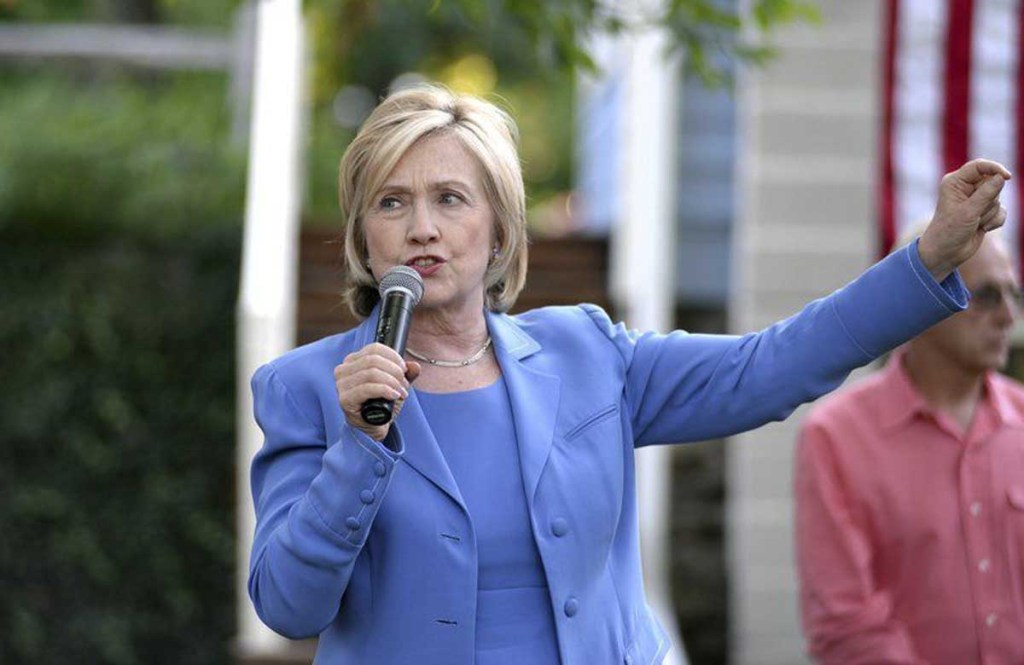Hillary Clinton reveals plan to combat nation’s drug epidemic
Published 4:50 pm Thursday, September 3, 2015

- Presidential candidate Hillary Clinton speaks at a campaign stop in Windham, New Hampshire.
Democratic presidential candidate Hillary Clinton announced a $10 billion plan Wednesday to fight the drug epidemic gripping the nation that emphasizes prevention and treatment over incarceration for drug offenses.
Clinton’s plan has five major initiatives that she would finance through a new $7.5 billion fund. The initiatives focus on prevention among teens, a closer monitoring of prescriptions and on treatment — making it more widely available, ensuring first responders carry the overdose-reversing injection Narcan, and prioritizing treatment over incarceration for the 23 million Americans suffering from drug addiction.
Clinton also proposed increasing funding for the Substance Abuse Prevention and Treatment Block Grant by 25 percent, and announced that she would enforce a 2008 statute that requires insurance plans to treat substance abusers with parity. The plan also calls for patient caps, or a limit on the number of patients physicians can treat per year, according to Sarah Solow, a policy advisor for Clinton’s campaign.
The plan is designed to be implemented through a partnership between the federal government and states.
“She recognizes that to tackle this epidemic, we really need state and local communities, and nonprofits, to partner,” Solow says.
A particular problem in New Hampshire
Several New Hampshire officials expressed support for the proposed plan Wednesday, including State Senator Molly Kelly, a Democrat from Harrisville; Cheryle Pacapelli, the executive director of the New Hampshire nonprofit New Futures; Strafford County Sheriff David Dubois; and Tym Rourke, the program director of the New Hampshire Charitable Foundation’s Substance Use Disorder’s Grantmaking division.
Rourke was especially pleased with the plan for recognizing addiction as a disease.
“It is not a moral failing, it is not a consequence of bad choices. It is a mix of genetics and biology and environmental factors that goes into a disease that affects millions of Americans,” he said. New Hampshire saw 326 opiate deaths in 2014, and has already seen about 200 in 2015, Rourke said.
He added that the epidemic is harmful to the economy too, costing New Hampshire about $1.8 billion annually.
Despite the praise Clinton’s plan received from local nonprofits and Democrats, State Rep. Phyllis Katsakiores, a Republican from Derry, said she wondered if it would be successful.
“We have to stop the source of it coming into the country,” Katsakiores said. “If we can make a dent in that, there wouldn’t be that much on the streets. Whatever Hillary is saying, it sounds wonderful, but is it going to work?”
“You can spend millions on rehabilitation…every city and town in the state has done that,” she continued. “And has it worked? No, I don’t think it has.”
Blessing writes for the North Andover (Massachusetts) Eagle-Tribune.

